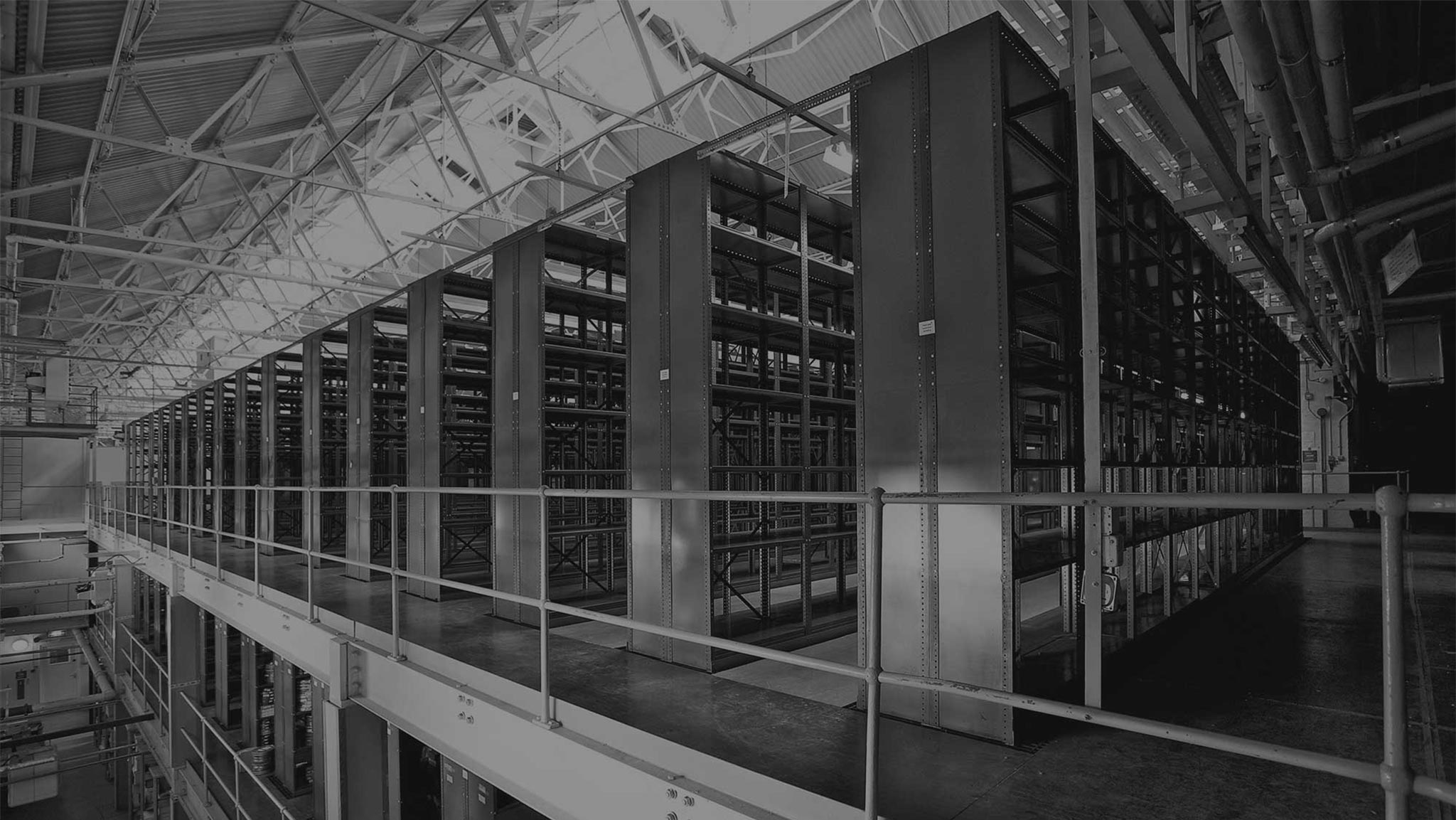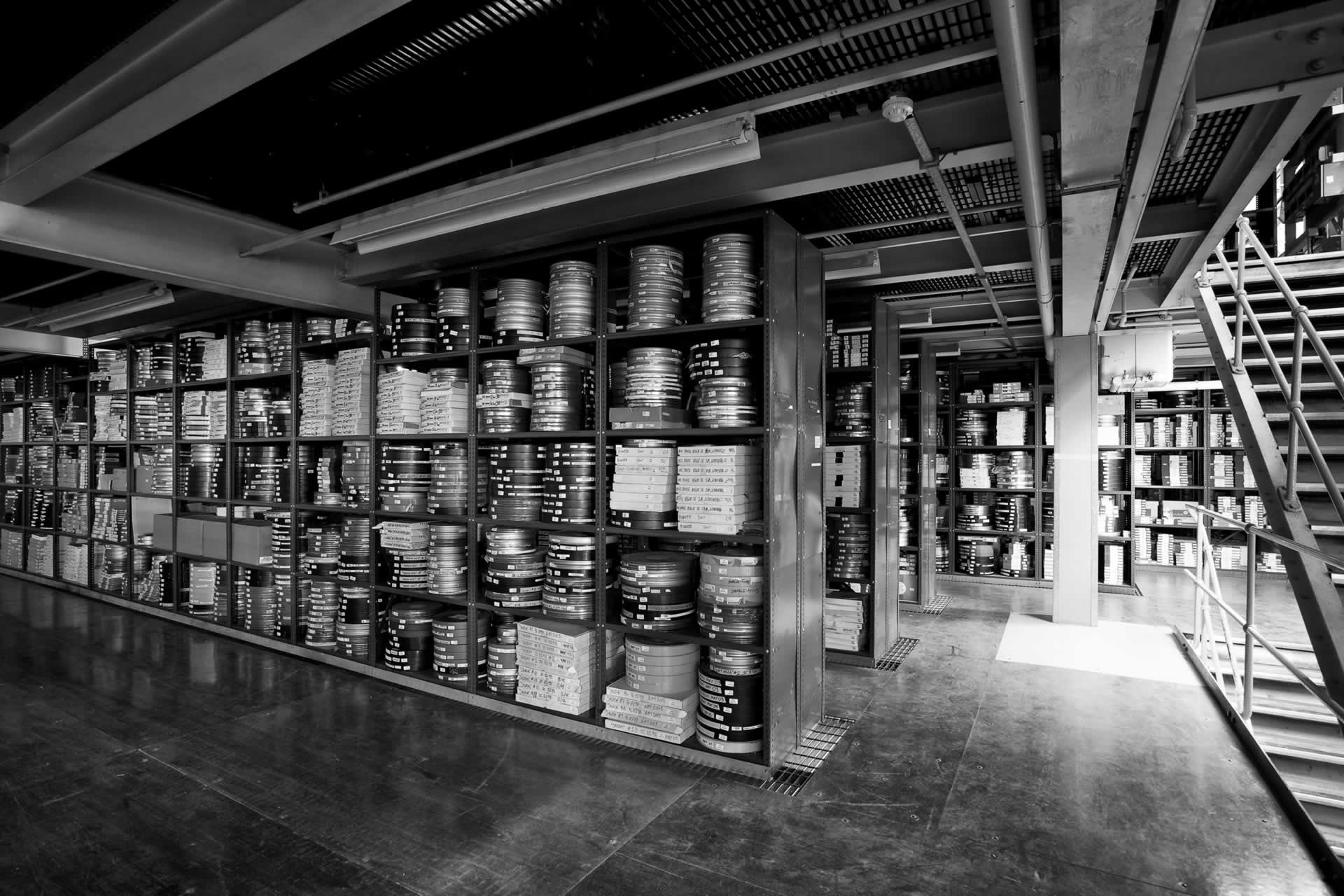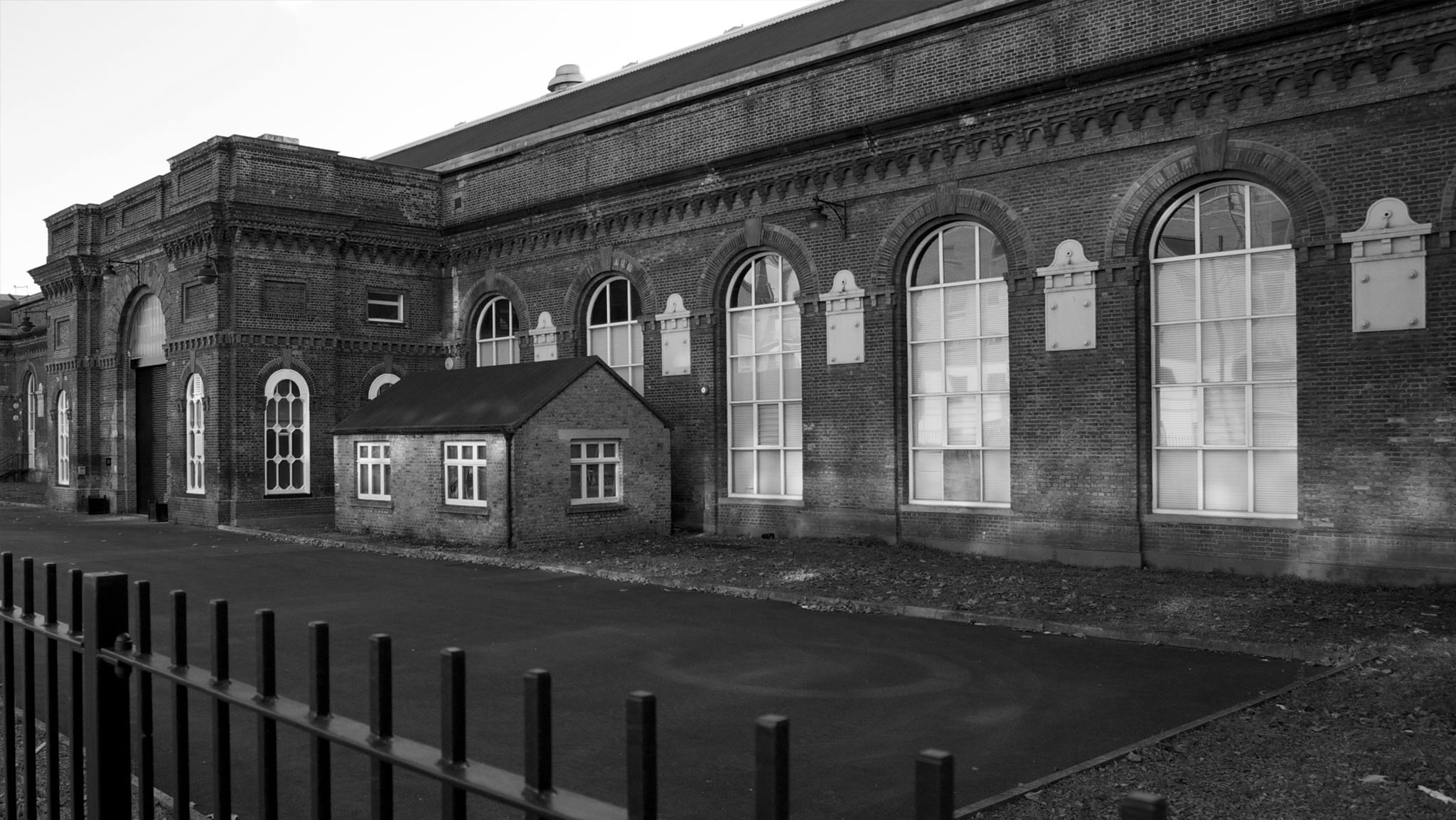Employee Files: How Long to Keep & Where to Keep Them
Regardless of the size of your business, you must hold accurate employee files for both current and former employees. Should audits arise, investigations be required or disputes be recorded, having access to these files could help prevent financial penalties or prosecution.
Current laws in the UK mean that employers must keep hold of employee files for six years. However, different types of employee information can be kept for shorter periods. Payroll information, for example, must be kept for at least three years after the tax year it relates to.
Depending on the company size, this could mean that vast amounts of paperwork or digital information must be stored at your workplace or on hard drives. With insufficient data handling policies and data security procedures in place, there is a risk of vital data falling into the wrong hands. Thankfully, secure storage facilities like Stockroom London exist, enabling you to transfer important documents off-site and remain compliant with UK GDPR and the requirements laid out by HMRC.
Before you book long-term storage for your current and ex-employee files, let’s look at what you need to store and for how long.
What should be stored in an employee file?
Employee files will vary depending on what should be stored in them. A current employee, for example, will have an ever-evolving file that updates as their employment progresses. A former employee will have a file that doesn’t change anymore (unless a dispute is raised) but contains notes about the end of their employment alongside their original paperwork.
Typically, an employee file should include:
- Job description
- Application for the position
- A copy of the CV
- Any interview notes
- References
- Offer letter
- Copy of staff handbook (signed)
- Emergency contact information
- Contracts
- Holiday records
- Appraisals
- Work attendance records
- Expense documents
- Promotion/demotion documents
- Training certifications and records
- Complaints issued to and by the employee
- Any disciplinary records
- Resignation letter (where applicable)
- Exit interview (where applicable)
- Termination of employment paperwork (where applicable)
- Any severance payment or holiday payment details (where applicable)
In addition to this comprehensive list, many more documents may also have been completed by or issued to your employee. Documents such as these don’t require storing, and can simply be securely shredded and disposed of once used.
Which items do not need to be kept in an employee file?
When checking through employee files, certain items should not be kept in them. These would include:
- Confidential information relating to religion, marital status, race, ethnicity, disabilities or criminal history
- Any medical information or records
- Pre-employment paperwork, except for the CV and/or application form
- Background checks
These items do not need to be kept but should be disposed of appropriately, ideally through secure document shredding. That way, the risk of data loss, no matter how insignificant, is greatly reduced.
So, how long do I keep employee files for after someone leaves?
You should keep employee files for six years after employment ends. This ensures you comply with any HMRC requirements and helps cover you if any audits take place, or the ex-employee raises a grievance relating to their time working for you. This would include any paperwork relating to dismissal, redundancy, an appeals process or any disciplinary and grievance records.
Even though payroll information such as SSP, PAYE and parental leave records can be discarded after 3-4 years, it is advisable to keep them for the full six years to help protect yourself if any issues arise.
Are the rules different for contractors or freelance employees?
Despite their contracts and pay potentially being different to other employees, you should retain all information relating to pay and contracts for six years after they have ceased their work with you.
Why do I need to keep employee files for six years?
Keeping employee files provides accurate records of compliance, attendance, health & safety, disciplinary hearings and more for current and former employees. This stands to help you run a more efficient and compliant business, giving both you and the employee a level of safety and security relating to their employment, how it develops and how it is managed.
How should employee files be stored?
Due to the wealth of information held in employee files, you should have everything stored safely and securely, either onsite or offsite. If you choose to use onsite storage, the employee files should be kept in a locked filing cabinet with restricted access granted. This can sometimes pose a problem, especially if multiple files require storage.
This is why many people choose offsite storage. Employee files can be securely backed up from hard drives to LTO tape services, providing a robust digital backup, with the physical paper files then safely stored within the storage facility. Businesses can then retrieve them when necessary, and should the six-year period expire, request safe disposal of the documents.
Can employees request to see their employee files?
Yes. As per UK GDPR, you must reply to their request within one month. Should a third party be involved (such as an offsite storage facility), this time frame can be extended to three months. The right to access this information falls under UK GDPR, so it should not be refused, but employees should be made aware that a request for copies of the documents can come at a cost to them.
At Stockroom London, we provide year-round storage in our secure London storage facility. With LTO backup available for digital files and ample storage space offered for document storage, you can rest assured that your compliance with UK GDPR, HMRC and company policies is met. With free collection of your documents also possible, you can leave all the heavy lifting to us. Then, when you require your items again, simply let us know and we’ll deliver them right back to you.




